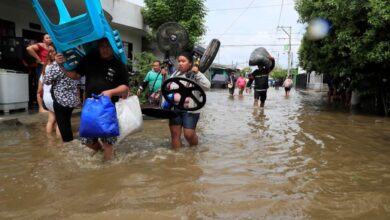Colombia: The Escazú Agreement Sank in Congress
On June 20, the Escazú Agreement Sank in the Colombian Congress. What happened?.

The Escazú Agreement is an international treaty between Latin American and Caribbean countries that seeks for the region to have a north regarding environmental protection protocols. Photo: Pexels
LatinAmerican Post | Vanesa López Romero
Escucha este artículo
Leer en español: Colombia: El Acuerdo de Escazú se hundió en el Congreso
The Escazú Agreement is an international treaty between Latin American and Caribbean countries that seeks to organize the region's environmental protection protocols. It came into effect on April 22, the date on which International Earth Day was also commemorated, and so far, 24 countries in the region have signed it and 12 have ratified their participation in it.
Read also: 5 keys to understand what the Escazú Agreement is
In the case of Colombia, it signed the agreement but it did not ratify its participation and now, internally, the Agreement has collapsed because it was not ratified within its legislature. This news has made the country's environmental entities, organizations, and defenders deeply concerned. This is because one of the clearest and most important objectives of the Agreement is that the governments of the countries that are part of it should provide mandatory protection to environmental defenders. This is in response to the fact that, according to the Global Witness organization's Defending Tomorrow 2020 report, two-thirds of the murders of environmental defenders that are committed in the world take place in Latin America and the Caribbean. Colombia leads the world in this type of murder, so the collapse of the Agreement in the Congress of the Republic is bad news.




